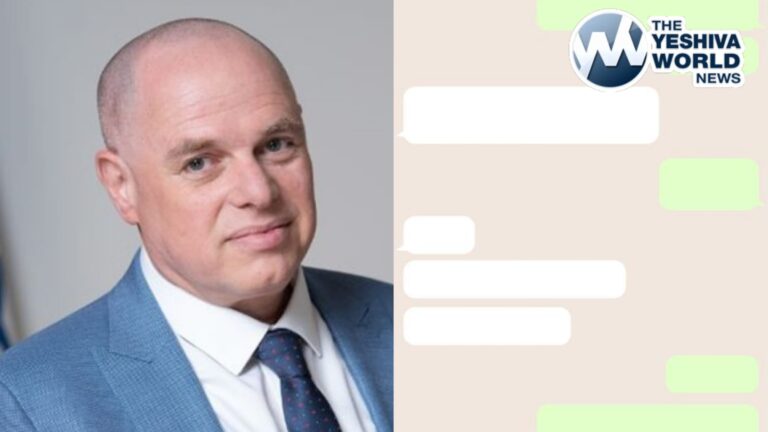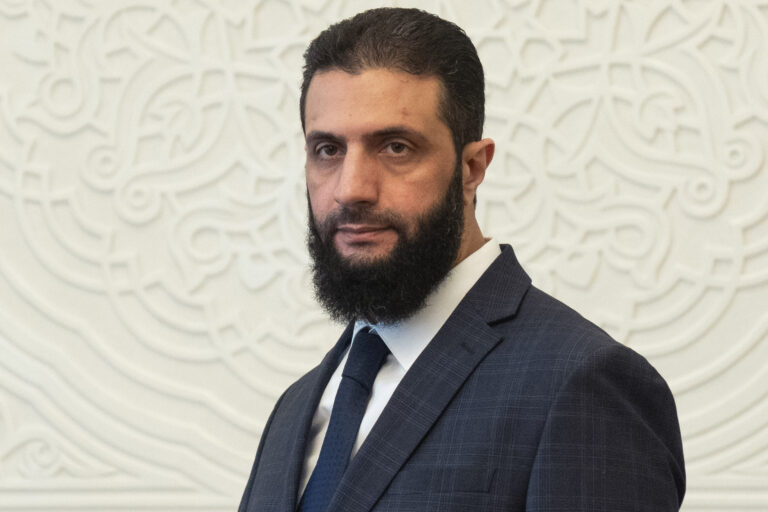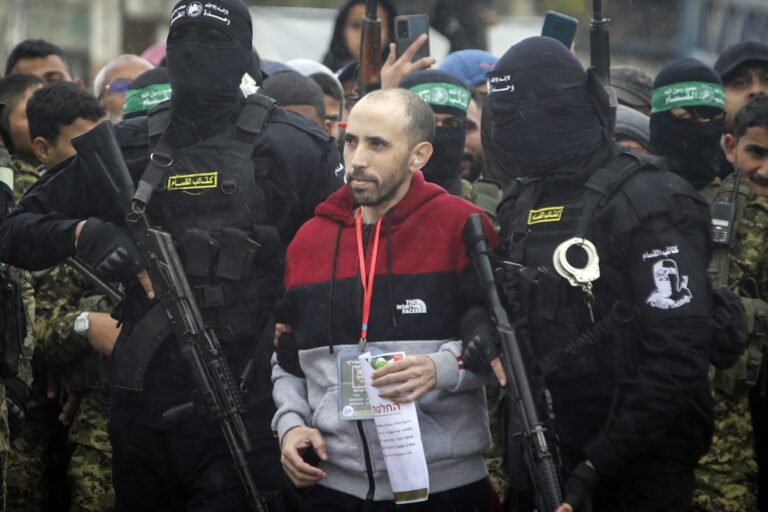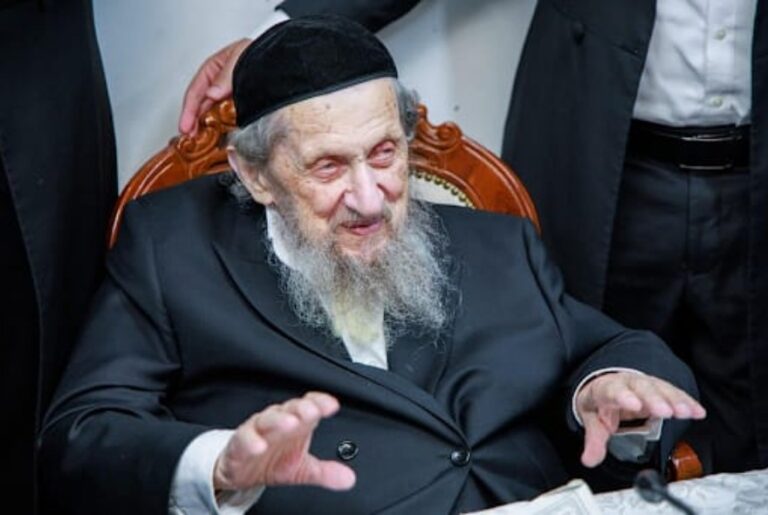 Sadly, instead of learning the lessons of Chanukah, the Government of Israel has opted to repeat the story, one in which the Jews are compelled to fight among themselves to preserve the Torah way of life.
Sadly, instead of learning the lessons of Chanukah, the Government of Israel has opted to repeat the story, one in which the Jews are compelled to fight among themselves to preserve the Torah way of life.
Many feel that Defense Minister Ehud Barak’s decision to oust the Har Bracha Hesder Yeshiva from the hesder family is a major error to put it mildly. For one thing, Rabbi Eliezer Melamed, the rosh yeshiva who is under fire from Barak and others, is a civilian, not a military chaplain, and as such, is free to teach Torah according to his hashkafa, without receiving instruction from secular or religious government ministers. Others are arguing that for as long as the yeshiva accepts Defense Ministry funding as a member of the hesder framework, the rabbi must adhere to the government’s policy line.
Veteran hesder rosh yeshiva and leading rabbinical authority in the dati leumi camp, HaRav Chaim Druckman Shlita, sent a letter to Rabbi Melamed, asking him to sign, stating the hesder system and its leaders must openly condemn political protest or the like in the military. Rav Druckman, a survivor of the Nazi atrocities, is an outspoken voice to maintaining unity in the IDF and not permitting soldiers to use the military forum to express their dissention.
Rabbi Melamed did not sign the letter and he also did not appear to the hearing on Sunday night, summoned by Defense Minister Ehud Barak. Rabbi Melamed is among the more hawkish rabbonim in the dati leumi Torani camp, tenacious in his refusal to agree to any land compromise for any reason. Rav Melamed actually is in line with the viewpoint of the late Lubavitcher Rebbe zt”l, who championed the call opposing all land concessions in Eretz Yisrael, especially to Israel’s enemies.
One lawmaker who understands is MK (Ichud HaLeumi) Yaakov Katz, who is a pioneer in the building of yishuvim throughout Yehuda and Shomron, a disabled IDF veteran himself, a former member of an elite combat unit and the father of several IDF combat officers. Ketzaleh explains that while the IDF must indeed maintain a chain of command and adherence to orders, a soldier may opt to act on his beliefs, realizing he will be compelled to also live with the consequences of his actions.
Not wasting time following Barak’s announced decision to oust Har Bracha from the hesder program; Tzfas Chief Rabbi Shmuel Eliyahu Shlita has begun mustering support to back the rabbi, his yeshiva and hesder. HaGaon HaRav Dov Lior Shlita and the Yesha Rabbinical Council have responded and stand firmly behind the Rabbi Melamed’s refusal to openly declare he will adhere to any and all IDF commanders, regardless if their calls are contrary to Torah Law. Also backing the move is HaRav Zalman Baruch Melamed Shlita, the Rav of Beit El and a leading Torah authority in the dati leumi Torani camp.
Rav Eliyahu, a member of the Chief Rabbinate Rabbinical Council, plans to call for an urgent meeting, seeking to enlist nationwide rabbinical backing for R’ Melamed, well-aware of the ramifications of the decision of the defense minister, which are far beyond the scope of Rabbi Melamed’s own yeshiva, but a challenge to the religious Zionist soldiers who continue serving in the IDF with unparalleled loyalty and dedication, now being asked to select between secular dictate and halacha.
Rav Eliyahu stresses that the rabbonim over the generations have always exhibited mesirus nefesh to maintain an independence that permitted them to cling to a Torah life, and today, at the very least, the Chief Rabbinate of Israel must come out in support of the hesder rosh yeshiva to ensure the same holds true today, that rabbonim may release halachic rulings without fear of reprisal.
Rav Eliyahu is well-aware of the ramifications of Barak’s decision, which serves to widen the chasm that exists between shomer shabbat soldiers and the IDF, placing the frum soldier in a most difficult decision, in which he may be compelled to make a decision, to follow his commander or his religion. This in essence was the call echoed during the 2005 expulsion and at Amona, as well as in other cases, when rabbonim and right-wing lawmakers urged the army not to issue orders that are simply unacceptable and unethical at best.
Supporters of Rav Melamed’s position state that Barak’s move will result in an influx of talmidim to Har Bracha, and also result in increased resistance to the government’s position which seeks to squelch the voice of Torah.
Arutz-7 reports on Monday morning that dozens of hesder-affiliated IDF reservists have sent a sharply-written letter to Barak, informing him that they, officers and soldiers, will not report for reserve duty, explaining “if he is out, then so are we”.
Ironically, as expected, the left-wing is having a field day with the entire matter, seeking to label religious soldiers and hesder yeshivot as a threat, when in essence, quite the opposite is true. The ideologically bankrupt left-wing relies on the fact many are too young and/or have limited memory capacity, having forgotten the fact that champions of Zionism and left-wing life during the Lebanon War called for insubordination, sitting in the streets and defying orders, unwilling to take part in the “unjustified war”. Prominent names including Yossi Sarid and former Major-General Amnon Mitzna were among the more outspoken opponents of the military action, with Mitzna sending a scathing letter to politicians, undermining his senior commander at the time, Ariel Sharon.
Left-wingers are also silent in the face of consciences objectors who prefer to go to jail rather than serve in Yehuda and Shomron, or the “occupied West Bank” as they refer to it.
Now that a yeshiva is targeted, they brazenly point out the dangers posed by the ‘religious fanatics who put their beliefs ahead of the IDF’s agenda.
(Yechiel Spira – YWN Israel)











One Response
The shita of the Satmar Rav and Brisker Rav was that the less merit the Zionists have for supporting Torah, the sooner Mochiach will come.